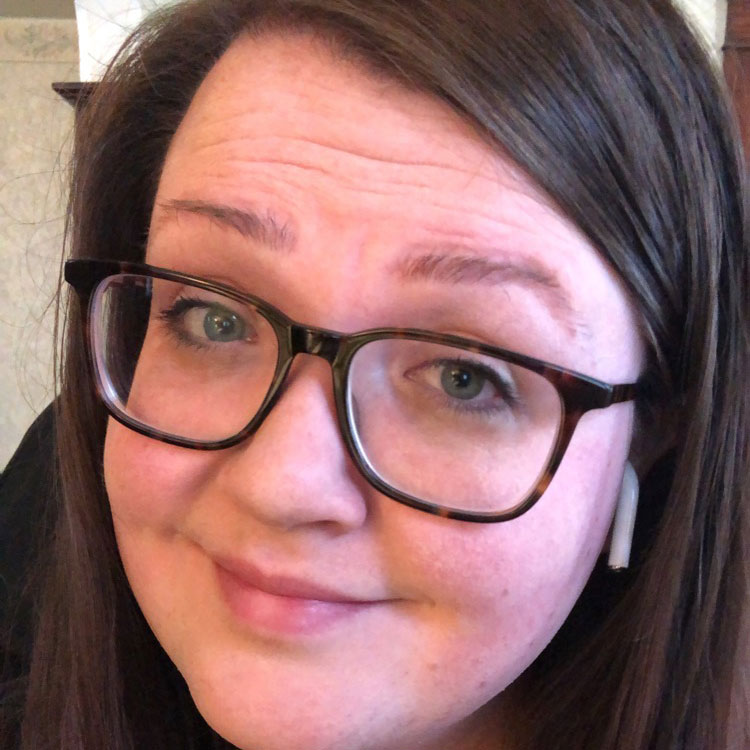Ah, sleep. To quote Shakespeare’s Macbeth: “Sleep that soothes away all our worries. Sleep that puts each day to rest. Sleep that relieves the weary laborer and heals hurt minds.” It’s easy to take sleep for granted if you’re doing it well, yet so life-impacting if you’re having problems getting enough.
The recent switch to Daylight Savings Time (DST) and resulting loss of an hour of shut-eye brings sleep to the forefront for all of us. In fact, March 12-18, 2023, is Sleep Awareness Week, and the Monday after DST is National Napping Day (for obvious reasons). So, it’s not just you grumbling about the effects!
Jill Arendt ’16G, master’s in counseling, is a National Board Certified Health and Wellness Coach and Professional Certified Coach with the international Coaching Federation. She does lots of sleep coaching, both for her own company and for Sleep Reset, an app-based approach. She helps people fix sleep problems that run the gamut from getting back on track with good habits to sleep loss that’s lasted months or even years.
“You don’t realize how important sleep is until you’re not sleeping right,” Arendt says. If you’re having sleep issues, here’s what she recommends:
Consistency
“Have a very consistent wind-down routine. That’s how you tell your body that you’re moving from day to night. Stop working (or whatever) at least 30 to 90 minutes before you go to bed. And try to wake up at the same time every morning — even on weekends. When you wake up at different times every day, it’s like waking up in different time zones for your body, and it messes with your circadian rhythm.”
Let there be light!
“Try to get sunlight — or artificial white light in the winter — within the first 30 minutes of waking up. Light tells your body that it’s time to wake up and helps set your circadian rhythm.”
 Sleep like a bear
Sleep like a bear
“Make your room as dark as possible and keep your room temperature on the cooler side.” So, basically, like a cave.
Caffeine
“If you’re having trouble sleeping, cutting off caffeine in the early afternoon, maybe switching to herbal tea, is something to try.”
No screens!
“Turn off electronics at least 30 to 60 minutes before sleep. No phones in bed! You want to keep your bed just for sleeping — don’t doom-scroll or do any work once you’ve gone to bed.”
"You don’t realize how important sleep is until you’re not sleeping right."
Solutions for falling asleep … or falling back to sleep
“There are lots of different techniques. 4-7-8 breathing, mindful meditations, just taking deep breaths, nidra yoga, progressive muscle relaxing … check out the internet or YouTube for resources.”
Napping: Help for the sleep-deprived
“Napping has many health benefits, like increased alertness, regulated emotions, and reduced impulsivity. Naps are great occasionally, but it interferes with sleep if you do it every single day, or for too long. There’s something called a ‘coffee nap’ where you drink a cup of coffee and then take a 20-minute power nap. It sounds counterintuitive, but you do wake up with an extra boost of energy!”
Consult a professional!
Arendt stresses that if you find yourself having consistent sleep problems or feeling tired all the time, you should consult a doctor, not just a sleep coach. “There are so many different things — and sometimes underlying problems — that a doctor can help you figure out.”